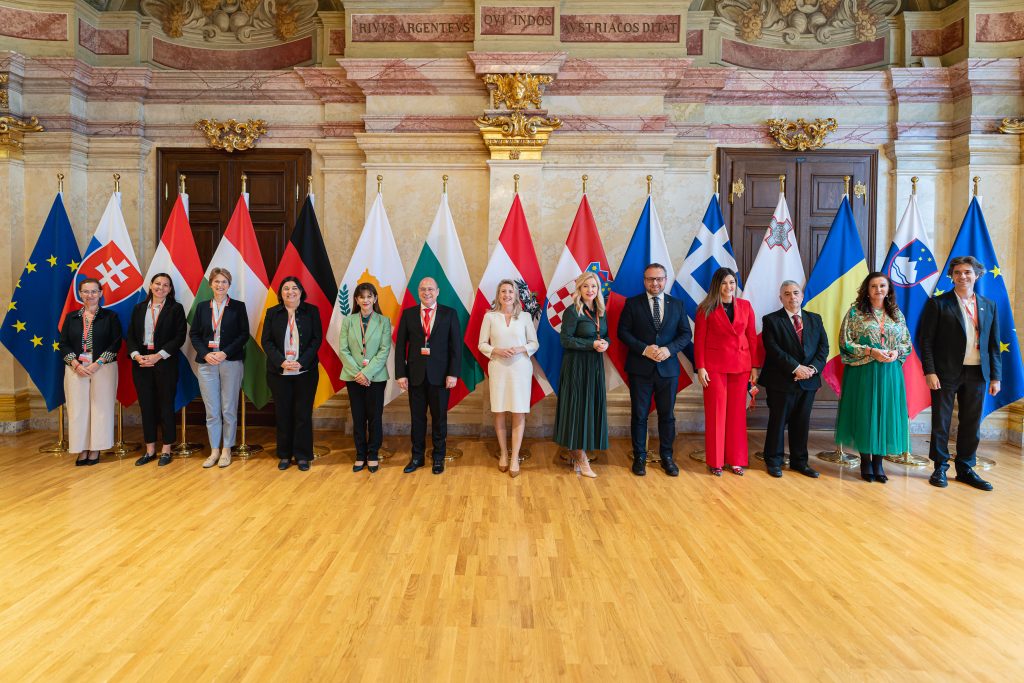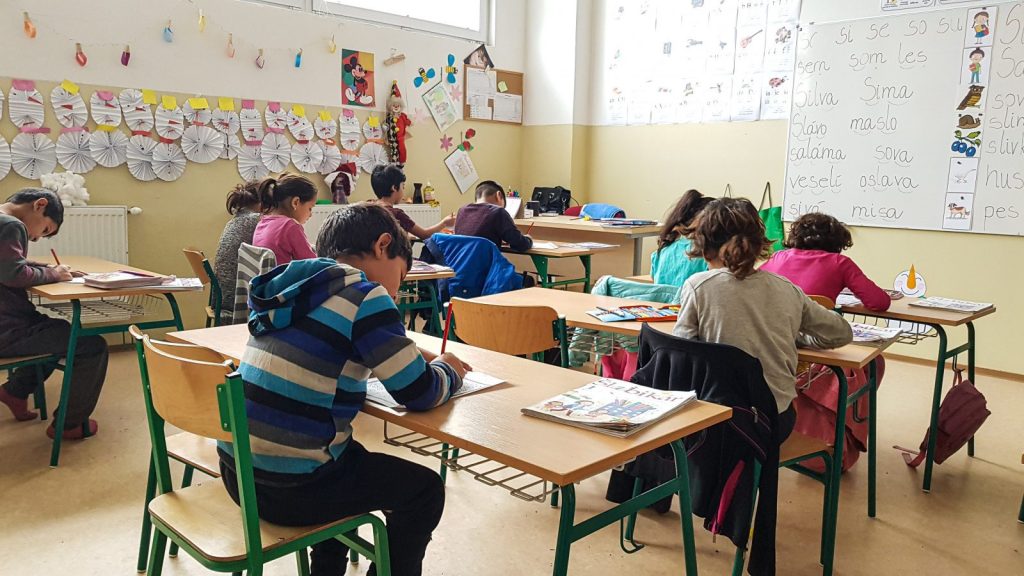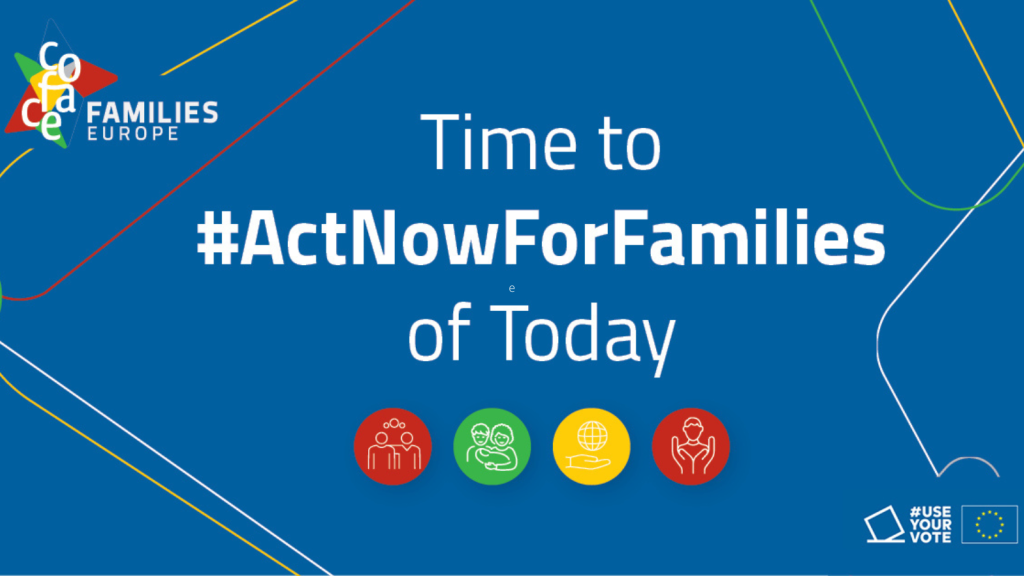On 27th September 2023, COFACE intervened at a conference organised by the Spanish presidency of the Council of the European Union on the topic of social protection of families.
The Spanish Ministry of Social Rights and 2030 Agenda and Ministry of Inclusion, Social Security and Migrations brought together a wide range of Spanish, European and international speakers to look at existing data on family models and explored different policy solutions, together with the different delegations of the EU Social Protection Committee and the participation of civil society organisations.
The conference was an opportunity for transnational exchange on social protection for families and also served to define some lines of action for the future, both within the framework of the European Union and national policies, in order to support progress towards a comprehensive social protection for all families.
OECD figures point to different emerging trends. In past decades, fertility rates have trended downwards in most OECD countries; policy and labour market factors can help sustain birth rates, but a return to “replacement rate” level in OECD countries is unlikely. Over the past 2 years, public spending on family benefits as % GDP has been flat, but public spending per child has increased. Many countries have developed ECEC systems, but coverage gaps continue to exist for younger children (0-2) in many countries. In recent years, many OECD countries have moved to provide publicly paid father’s leave for about 10 weeks on average.
Spain has carried out an in-depth review of its family policy, by using key European funds to support this process, and by commissioning research on evolving family models in Spain to feed their discussions on social protection and family diversity. As indicated in the concept note of the conference, family life and family models have changed substantially in recent decades due to the recent great economic, social, and cultural transformations. Currently, there is a wide variety of family models and relationships: married and unmarried couples, of different or of the same sex, with or without children, single-parent stepfamilies, or blended families.
Families whose composition is less traditional are especially vulnerable and can be affected much more by social and economic hardships. There is clearly a shift in Europe towards building social protection systems that are accessible to all types of families, designed with family diversity in mind, and based on proportionate universalism. COFACE will give this a further boost with a European expert meeting on family diversity in Madrid on 17th October: “Leaving nobody behind: Making social rights available to all families”.
The conference brought different dimensions of the European Pillar of Social Rights around the topic of social protection for all families via the presentations of the European Commission and the Spanish presidency, with a focus on initiatives like the 2019 EU work-life balance directive, the 2021 European Child Guarantee, the 2022 European Care Strategy and EU minimum wages directive – all of which are triggering change in the right direction. Monitoring and evaluation of these frameworks is crucial, as well as providing support to the social policy innovators and leaders in national administrations helping to implement the reforms driven by these European processes.





